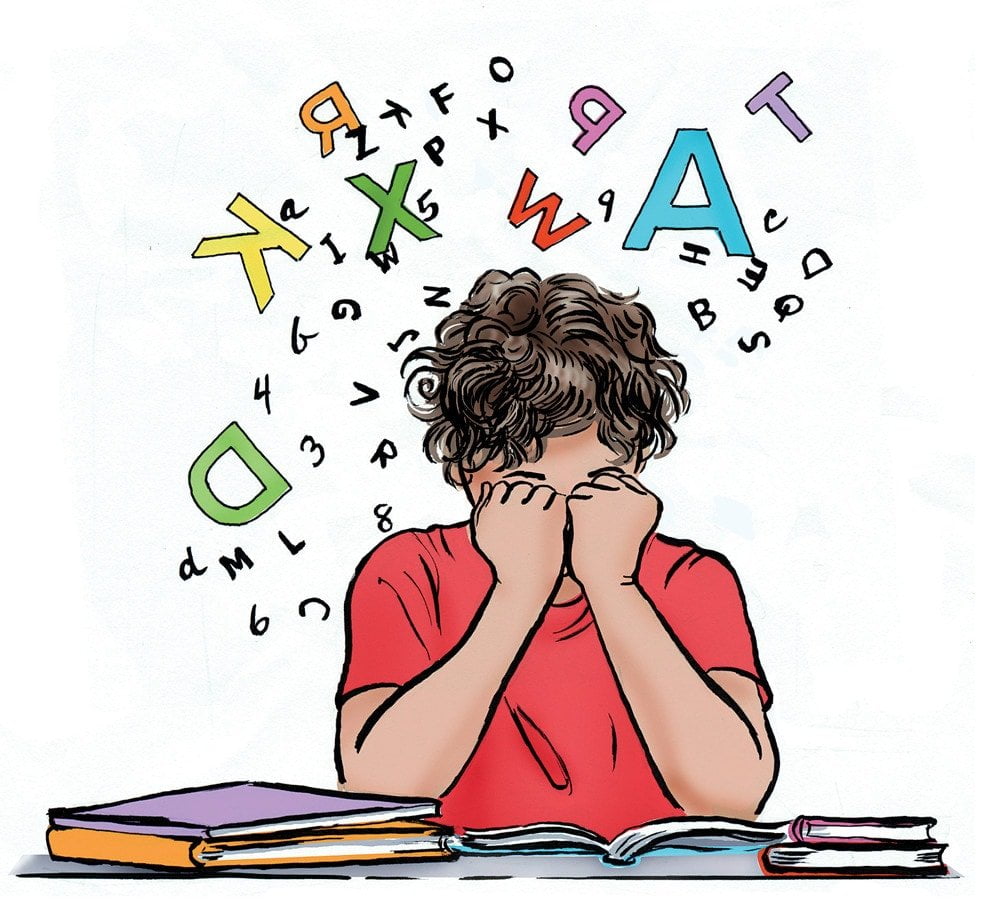Student life can be stressful due to heavy study schedules, exams, and social expectations. Therefore, it is important for students to have knowledge about stress management and coping strategies.
In this article, we provide detailed information and tips about stress management and coping strategies for students.
Why Students Get Stressed
- Academic Load: Students may experience high levels of stress while preparing for exams and projects. Lack of time management and planning is also a cause of this stress.
- Social Pressures: Students may have to cope with the expectations of their friends and families. These expectations can increase stress levels.
- Future Anxiety: Students may have concerns about finding a job after graduation and career planning.
How to Deal with Stress
- Time Management: By regularly planning your study schedule and assignments, you can reduce your stress levels. This helps you avoid last-minute rush and creates a more relaxed working environment.
- Regular Exercise: Exercise reduces stress hormones and increases the release of endorphins, making it easier to cope with stress. It is recommended to exercise at least three times a week for 30 minutes.
- Adequate Sleep: Sleep helps the body and mind recharge. It is recommended that students get at least 7-8 hours of sleep per day.
- Social Support: It is important to share stressful issues with your friends and family, express your feelings, and seek support.
- Relaxation Techniques: You can reduce your stress levels by practicing relaxation techniques such as deep breathing, meditation, and yoga.
- Positive Thinking: By focusing on positive thinking and success, you can cope with stress and increase your self-confidence.
The Relationship Between Nutrition and Stress
A balanced and healthy diet is important for coping with stress. By consuming fresh fruits, vegetables, whole grains, and sufficient protein, you can increase your energy levels. Additionally, reducing caffeine and sugar consumption can lower your stress levels.
Recommended Practices and Techniques for Coping with Stress
- Use of Stress Balls: Stress balls can be used in moments of instant stress and tension. Squeezing stress balls can provide physical relaxation and stress reduction.
- Breathing Exercises: Deep breathing helps lower stress levels. This technique can be applied especially before stressful situations such as exams and presentations.
- Division of Work and Group Study: Students can share the workload and reduce stress levels by studying and completing projects in groups.
Professional Support Services for Students
- Guidance and Psychological Counseling Services: Universities and high schools provide professional guidance and psychological counseling services for students. You can receive expert support on stress management and coping strategies.
- Student Clubs and Social Activities: By participating in social activities, you can reduce your stress levels and make new friends. Student clubs and communities provide support for stress management and coping strategies.
Stress management and coping strategies are important for maintaining a successful academic and social life.
You can visit our blog page for similar content.






